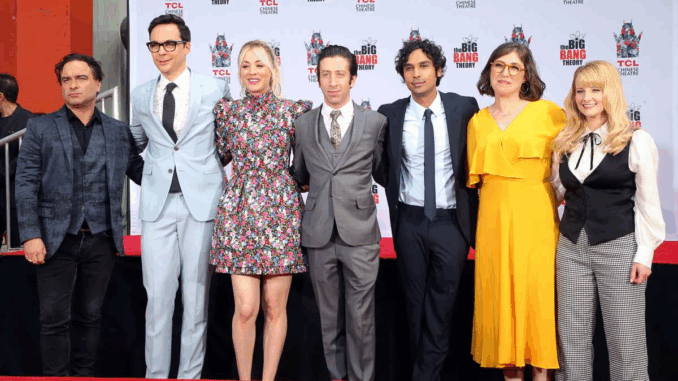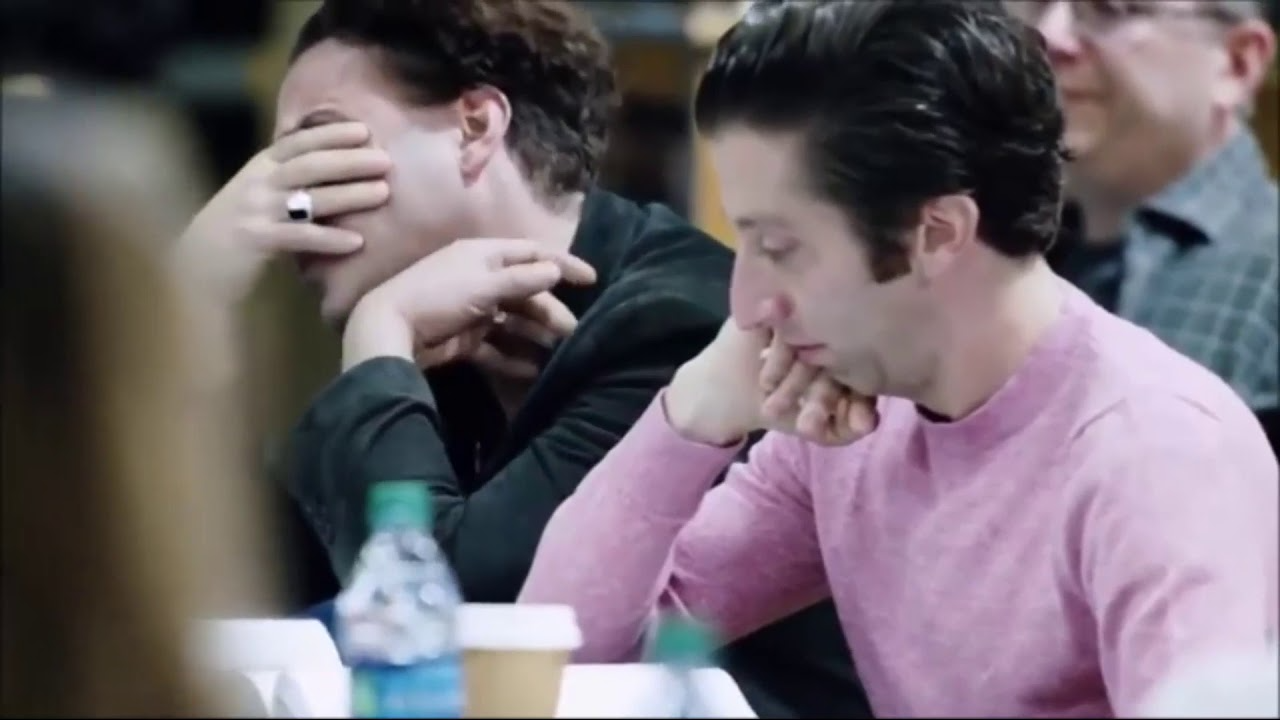
For twelve seasons, The Big Bang Theory was the comfort show we all returned to — the nerds, the laughter, the banter that made science sexy and friendship fun.
But behind that laughter track was tension building like an unstable atom. Kunal Nayyar, the lovable Raj, once confessed that during the early seasons, he was “the worst” on set. Why? He couldn’t stop laughing mid-scene. What seemed adorable at first soon drove his co-stars crazy.
“They were pissed off,” he admitted years later, explaining how his constant giggles forced multiple retakes, slowing down production and testing patience.
Jim Parsons, known for his perfectionism as Sheldon, reportedly lost composure more than once, while Simon Helberg (Howard) tried to stay professional but often cracked up too. What looked effortless on screen was actually the product of exhausting, retake-filled nights — proof that laughter, while contagious, can also be chaos.

When Friendship Collided with Fame
The real quake came later, when Jim Parsons dropped the bombshell that he would be leaving the show. It was during contract renewal talks, and according to cast insiders, no one saw it coming.
“We felt blindsided,” Johnny Galecki said. Kaley Cuoco was devastated — she texted the producers, “I don’t feel like working tomorrow.” The announcement fractured what had felt like a family.
After more than a decade of shared routines — coffee breaks, rehearsals, blooper laughter — the group suddenly realized their world was about to end. Behind the curtain, emotions ran high: tears, arguments, even silence between old friends.
The decision wasn’t about money or fame, Parsons explained, but exhaustion and the desire to move on. Still, to the rest of the cast, it felt like an unexpected breakup. Fans would never see this heartbreak, masked by sitcom smiles and perfectly timed punchlines.
The Final Curtain Call
When filming the last episode, the atmosphere was heavy. Studio 25 on the Warner Bros lot — once filled with laughter and Bazinga! jokes — turned into a farewell hall. The clapperboard snapped for the final time. Parsons avoided eye contact for most of the day; Cuoco sobbed in between takes.
Galecki tried to lighten the mood with jokes, but no one laughed. As the crew rolled credits, Mayim Bialik whispered, “Knock, knock, knock… goodbye, apartment 4A.” The studio went silent.
In that moment, the world realized what The Big Bang Theory truly was — not just a sitcom, but a decade-long shared experience of love, fame, and fatigue. When the curtain fell, it wasn’t just the end of a show; it was the collapse of a universe the actors had lived in for half their lives. The trust that had once made the laughter ring so loud now echoed as a bittersweet memory. And maybe that’s the real legacy of The Big Bang Theory: a reminder that even the brightest stars eventually burn out — but their light, for fans, never fades.
